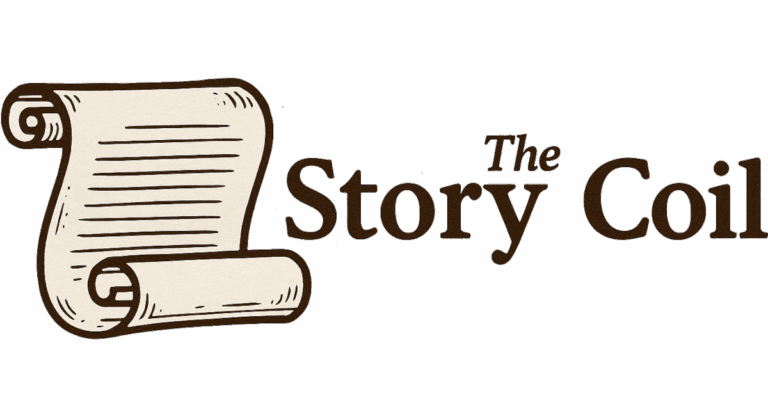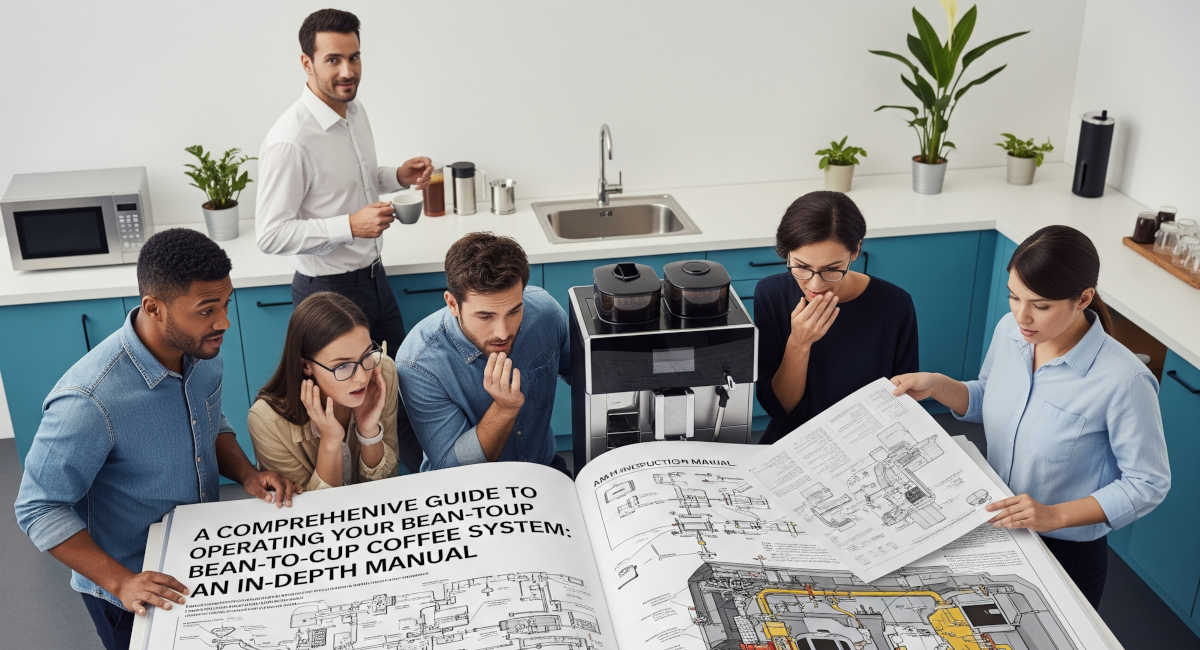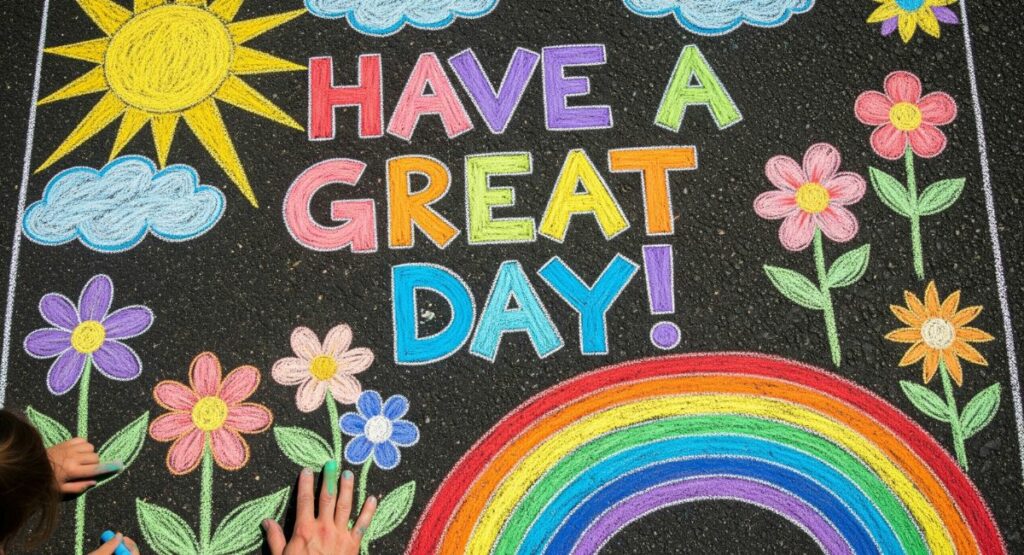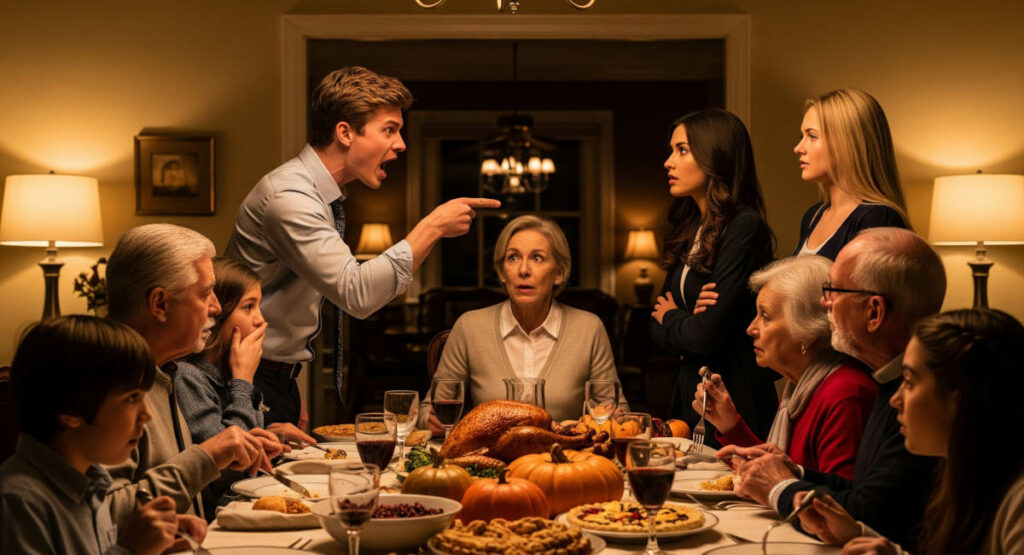The office coffee pot. It’s the watering hole of the modern workplace, the source of life-giving caffeine, and the epicenter of some of the most intense, unspoken, and passive-aggressive drama you will ever witness. It’s a community resource governed by a fragile social contract. One reader, a committed non-coffee drinker, wrote to us about what happened when he refused to participate in this sacred ritual, and the war of notes that followed.
I have a controversial opinion: I don’t drink coffee. It makes my hands shake and my brain feel like a shaken-up can of soda. So when our office manager decided to implement a mandatory “coffee duty” roster for everyone, I politely asked to be excused. This was, apparently, a declaration of war. What followed was a week-long battle of passive-aggressive notes, which I decided to win.
The Unwritten Rule
In my office, the unwritten rule was that if you finish the pot, you make the next one. The reality was that a few saintly people made all the coffee, and the rest just drank it. To solve this “crisis,” our office manager, Brenda, created The Roster. Every employee was assigned a day, and on that day, you were the designated coffee-maker for the 30-odd people in our department.
When she posted the list, I went to her desk. “Hi Brenda,” I said. “I saw the new coffee roster. Just wanted to let you know you can take me off it, as I don’t drink coffee.”
She looked at me as if I had just told her I was from another planet. “It’s not about whether you drink it, Ben,” she said condescendingly. “It’s about being a team player and contributing to the office environment.” I stood my ground. “I don’t think it’s fair to make me responsible for preparing a beverage for 30 people that I don’t consume myself. I’m happy to restock the printer paper or organize the supply closet instead.” She was not happy, but I was officially a coffee conscientious objector.
A Storm in a Coffee Cup
The notes started appearing the next day. They were taped all over the breakroom kitchen, clearly intended for me. “It’s amazing how some people are all TAKE and no MAKE.” Another one, taped above the empty pot, read: “A shared resource is a shared RESPONSIBILITY.” My favorite was a simple, stark note that just said: “COFFEE ISN’T MADE BY ELVES.”
I knew this was a campaign to publicly shame me into compliance. I decided I wouldn’t be shamed. I would fight back, not with anger, but with overwhelming, weaponized helpfulness.
Be Careful What You Wish For
I started leaving my own notes, right next to theirs. Next to “A shared resource is a shared RESPONSIBILITY,” I put up my own: “Couldn’t agree more! The tea bags were looking a little low, so I took the liberty of restocking the Earl Grey and the peppermint for everyone. Happy to contribute!”
Next to “COFFEE ISN’T MADE BY ELVES,” I left a note: “Thank you for highlighting this. To show my team spirit, I’ve just wiped down and sanitized all the microwave handles. Let’s all do our part to keep the office germ-free!”
But my final move, my masterpiece, came on Thursday night. I saw a new note that said, “Making coffee is not rocket science!!” I decided to treat it like it was. I stayed late and created the most absurdly detailed, overly complicated instruction manual imaginable. It was a 12-page, laminated, spiral-bound document titled: “An Exhaustive Guide to the Optimal Operation and Maintenance of the M-Corp C-4000 Brewing System.”
It had technical diagrams I’d drawn myself, a water temperature-to-flavor-profile chart, a detailed troubleshooting section (“Problem: Coffee tastes like despair. Solution: See Brenda in HR.”), and a full-page history of the Arabica bean. I taped the cover page to the coffee machine and left the binder next to it with one final note: “To my coffee-drinking colleagues: I want to take my responsibilities seriously. Before I attempt to brew a pot, I will be studying this manual I created. I hope this guide proves useful to you all in the interim. Best, Ben.”
The next morning, the area around the coffee pot was silent. A small crowd was just staring at the binder in stunned awe. Later that day, Brenda walked to my desk, looking utterly defeated. “Okay, Ben,” she sighed. “Point taken. You’re off the coffee roster.”
The passive-aggressive notes have stopped, and my ‘Coffee Manifesto’ has become the stuff of office legend. My non-coffee-drinking friends think I’m a hero. My own mother, however, thinks I was a sarcastic jerk who should have just made the coffee to be nice. I think I stood my ground against the tyranny of the coffee cabal. AITA for my malicious compliance?
In the quiet wars of office politics, this is a legendary victory. The narrator, targeted for a perfectly reasonable refusal, chose not to engage in the same petty sniping as his colleagues. Instead, he met their passive aggression with overwhelming, bureaucratic absurdity. He didn’t just refuse to make the coffee; he created a response so meticulously and hilariously over-the-top that it exposed the ridiculousness of the entire conflict.
What do you think, readers? Was this a brilliant and justified stand against office peer pressure, or was it a massive, antisocial overreaction to a simple request? Let us know your thoughts!


















0 COMMENTS